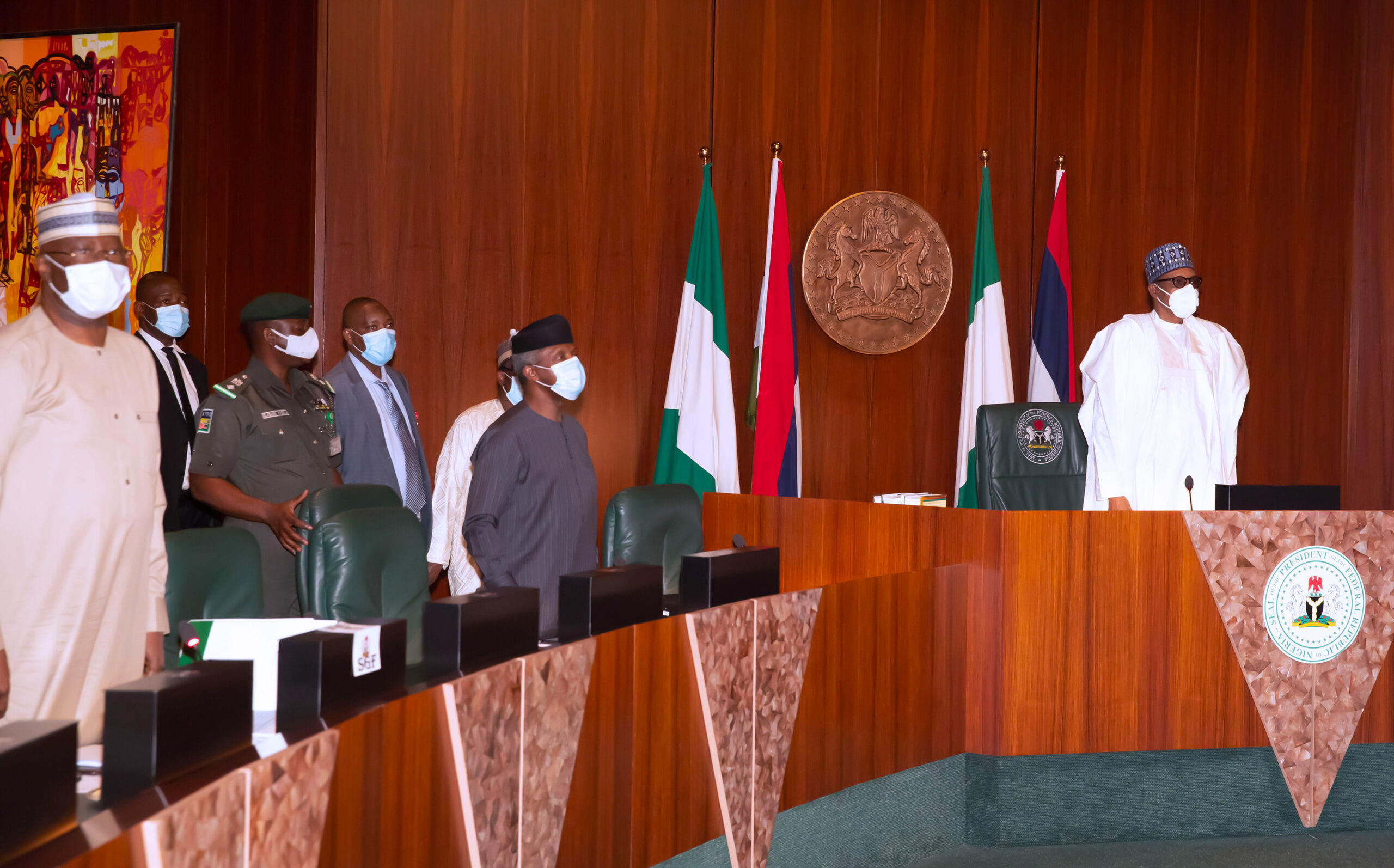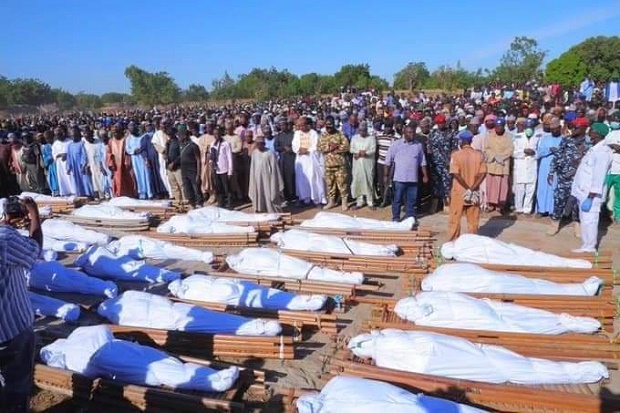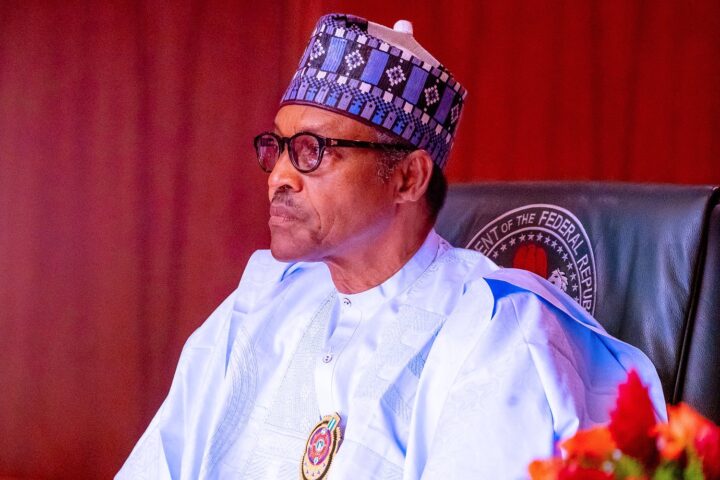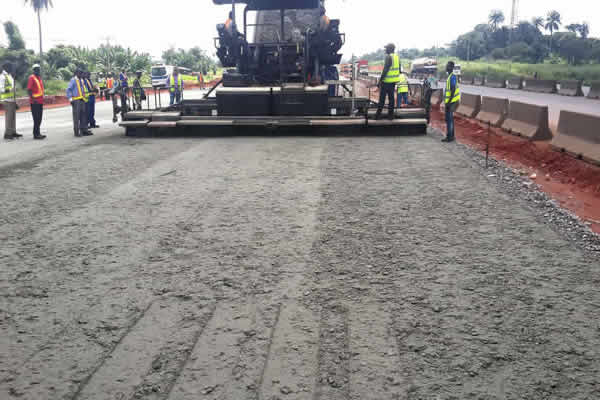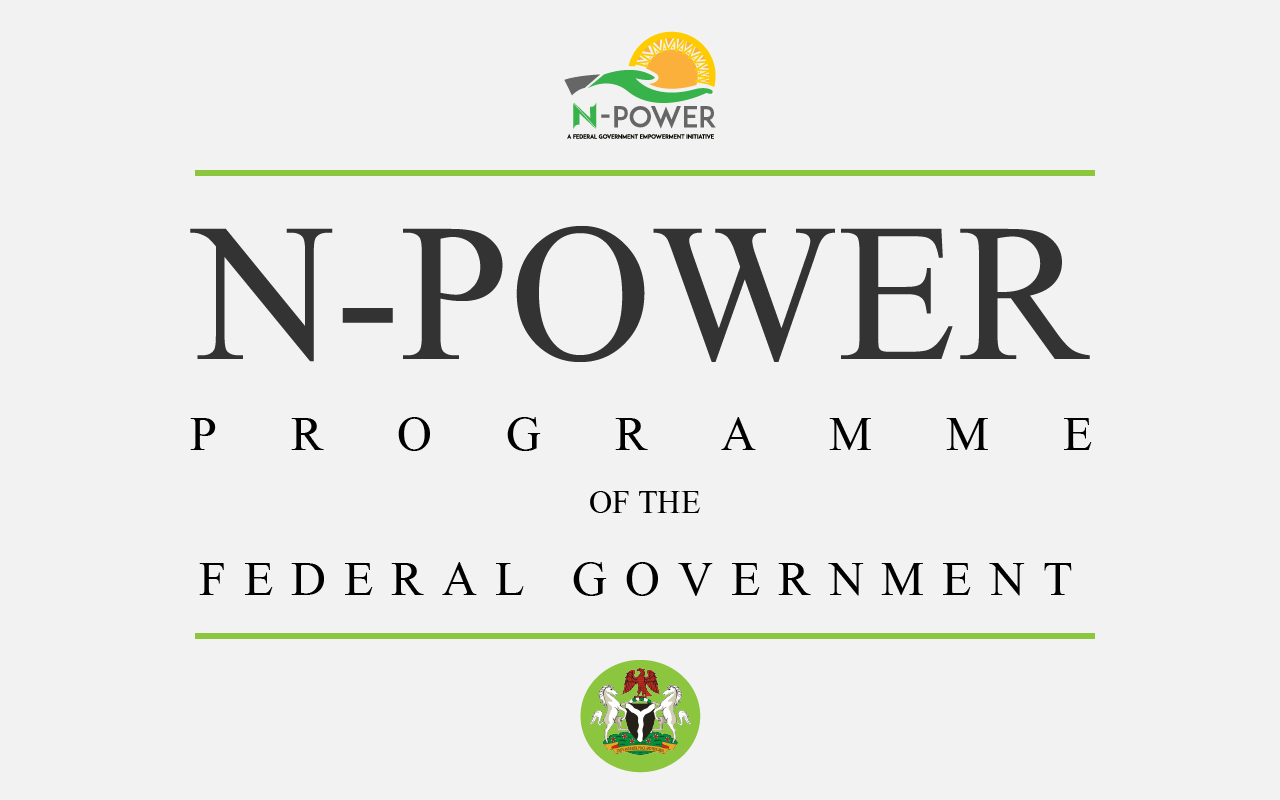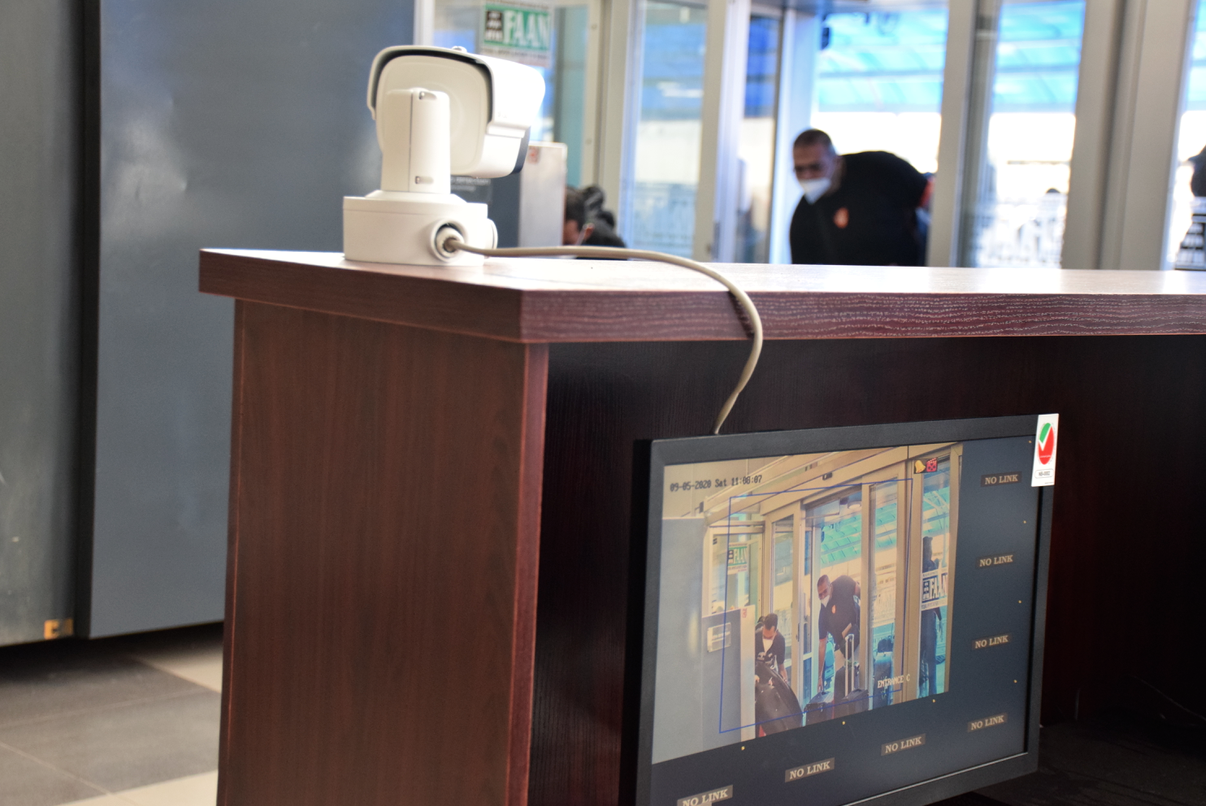PRESIDENT BUHARI PRESIDES OVER A VIRTUAL FEC. MEETING 3.R-L; President Muhammadu Buhari, Vice President Yemi Osinbajo SAN an d SGF, Mr. Boss Mustapha during a virtual FEC Meeting held at the Council Chambers State House Abuja. PHOTO; SUNDAY AGHAEZE. SEPT 23 2020
BY MAKINDE ARAOYE
Etymologically, there is a distinct ambiguity that coats governance both as a concept and as a practice. In some ideologies, it is argued that governance is an exceedingly difficult process while opposing views contend that governance is not rocket science.
My view reflects a more realistic stance that marries the two extreme positions to reflect that governance can be both simple and complex depending on the circumstance or peculiarity of the issue at hand. Nevertheless, more often than not, governance is simpler than it is complex. For the ease of governance to exist however, an established structure must be adopted. This in no doubt is the simpler aspect of governance and where it is achieved, the day-to-day running of the government machinery will be on a mundane basis.
It is also important to consider that such structure must be dynamic in order to adapt to the ever-changing circumstances in Nigeria and in the world at large; this structure would in turn contribute to the complex aspect of governance as it would most likely require expertise, technicality and innovative solutions.
Advertisement
In ideal situations, which one has to admit is alien to Nigerian political practice, the governed and the governing are supposed to have a symbiotic relationship that ensures mutual survival of both systems. I have come to observe that almost everything the political class is reputed for or associated with is hardly about the people being represented or catered to, rather, it is solely for the advancement of the government’s political agenda.
In the Nigerian climate, governance is shrouded in so much secrecy: intentionally keeping the citizens out of the loop as a deliberate means of authoritative control. Citizens can be mis-governed in ignorance for a long time and until they become aware and react, this complex cycle lingers. However, in Nigeria, governance is not only utterly un-transparent, it is buried in bureaucracy.
For instance, the unavailability of accurate records for particular government projects coupled with the lack of accountability is highly problematic. The top government officers are not held liable for their actions and only when pressed hard in public glare, do they answer and even then, for the extremely powerful, it has proven to be ineffective. The disposition is not restricted to solely the political class, public and civil servants are usually out of reach and are also often not held accountable for the offices they occupy.
Advertisement
The so-called complexities of governance are further amplified when technology as a tool is under-utilized, probably as a means to push their narrative. The online presence of MDAs are virtually non-existent and if in fact they do exist, they are sorely out of date. Top government functionaries and portfolios are constantly being changed and updated, but unfortunately does not reflect on their websites.
It is imperative to note that societies where the systems and structures put in place by a governing body or authority is centred on the people for whom it is made, the effect is almost magical in proportion. The average Nigerian is relatively low maintenance; he wants the Maslow Law manifested in his daily living. Sadly though, this bare minimum is apparently too much for government hence, basic needs are unmet with no visible end in sight.
We all have to do better. There is a social contract between the governing class and the governed and all parties in this social contract have to be willing and able to play their roles to the letter in order to improve the prevailing situations which will, in turn, afford all parties the opportunity to thrive. This concept outlined above must become the norm for either side of this arrangement to achieve their highest possible potential.
Araoye, a governance and public administration specialist, sent this piece from Abuja.
Advertisement
Views expressed by contributors are strictly personal and not of TheCable.
Add a comment
